Ex-IRGC chief: Iran will deal with hostile terror groups hosted, armed by any bordering country
Weeks after Iran targeted terrorists in Iraq’s Kurdistan region, a former chief commander of the Islamic Revolution Guards Corps has renewed the warning that the country’s Armed Forces will deal with anti-Iran terrorist groups in any bordering country that hosts and arms them.
“We warn that we will deal with counterrevolutionary groups anywhere on the borders around our country, where governments host them and provide them with facilities and weapons,” said Major General Yahya Rahim Safavi, a top military adviser to Leader of the Islamic Revolution Ayatollah Seyyed Ali Khamenei.
Tensions have soared between Iran and Iraq’s semi-autonomous Kurdistan region in recent weeks over the latter’s hosting of anti-Iran terrorists.
On September 9, the IRGC Ground Forces used combat drones as well as smart and precision-guided artillery to target terrorists in the rugged mountains of the Kurdistan region, days after warning the Kurdistan Regional Government (KRG) against allowing terrorist groups to use its territory to pose threats against Iran.
General Rahim Safavi also cautioned the KRG that any armed counterrevolutionary that wants to destabilize Iran’s borders must not be based in areas under its control.
“We have repeatedly declared that the Kurdistan region must not turn into a center for gatherings against Iran’s [Islamic] Revolution. Even before the IRGC Ground Forces attacked locations of those groups’ gathering in the Iraqi Kurdistan region, it was officially announced that those areas should not host forces opposed to the Islamic Republic of Iran,” he stated.
The senior commander said, however, that the counterrevolutionary elements are not on a par with the strength of the Iranian Armed Forces.
“Our nation and Armed Forces have become so strong that even the major enemies of this nation, like the Americans, have realized our military superiority,” he added.
Iraqi Kurdistan Region has long been used by anti-Iran terror groups such as the Kurdistan Workers’ Party (PKK) and its offshoot, PJAK, which are active in Iraq and Turkey, to launch occasional attacks against Iranian border guards and border areas in northwestern parts of the country.
The attacks have been met with crushing responses from Iran's border guards and other military units deployed in those areas.
On Monday, Tehran warned that its “strategic patience” with the Kurdistan-based terrorists was over and that it would not allow the hosting of anti-Iranian terrorists to continue any longer.
“It is not possible to see the presence of military bases by anti-Iranian terrorist groups on the borders of the Kurdistan region and in Iraq. We cannot see the establishment of military bases where terrorist groups receive military training to attack Iran. This is against international law,” Iranian Foreign Ministry spokesman Saeed Khatibzadeh said at a press conference.
Khatibzadeh’s remarks came in the wake of repeated warnings by top Iranian commanders and officials, including Chairman of the Chiefs of Staff of the Iranian Armed Forces Major General Mohammad Baqeri and Iran’s Intelligence Minister Esmail Khatib, to the KRG over the presence of counterrevolutionary elements and their supporters on its soil.
Iran maintains that its military might is of defensive nature and poses no threats to friendly nations.
Lindsey Graham urges Trump to ignore aides opposing war on Iran
Far-right, anti-Islam protest sparks counter-protests in Manchester
Press TV's news headlines
Sudan’s mining sector suffers $7 billion loss amid ongoing civil war
Ansarullah slams Israel’s massacre in east Lebanon, urges unified Arab action
Iran resolved to uphold nation’s nuclear rights via diplomacy: FM Araghchi
The erasure of Palestinian cultural legacy by British Museum
American citizens have borne the ‘lion’s share’ of Trump’s tariff costs: Economist


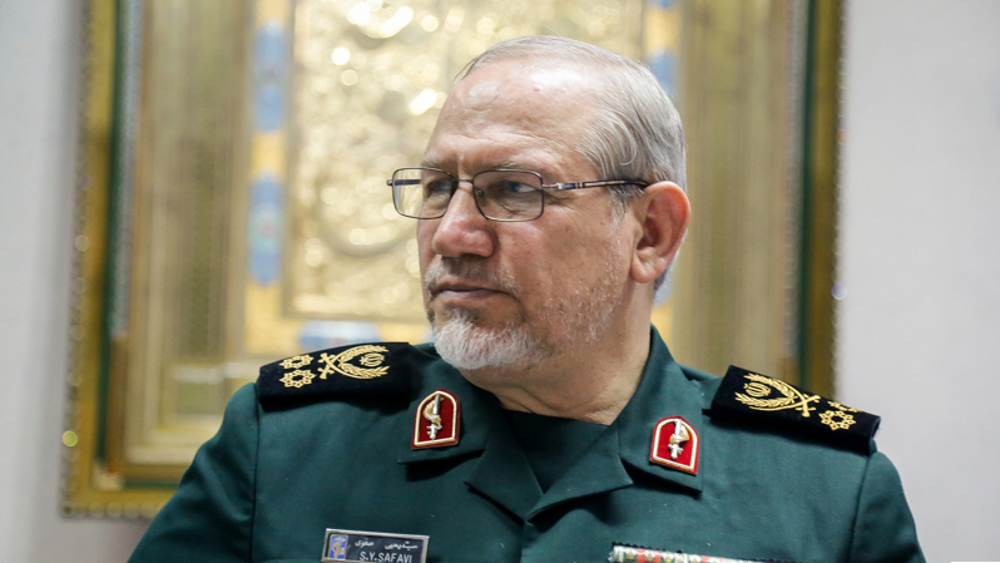
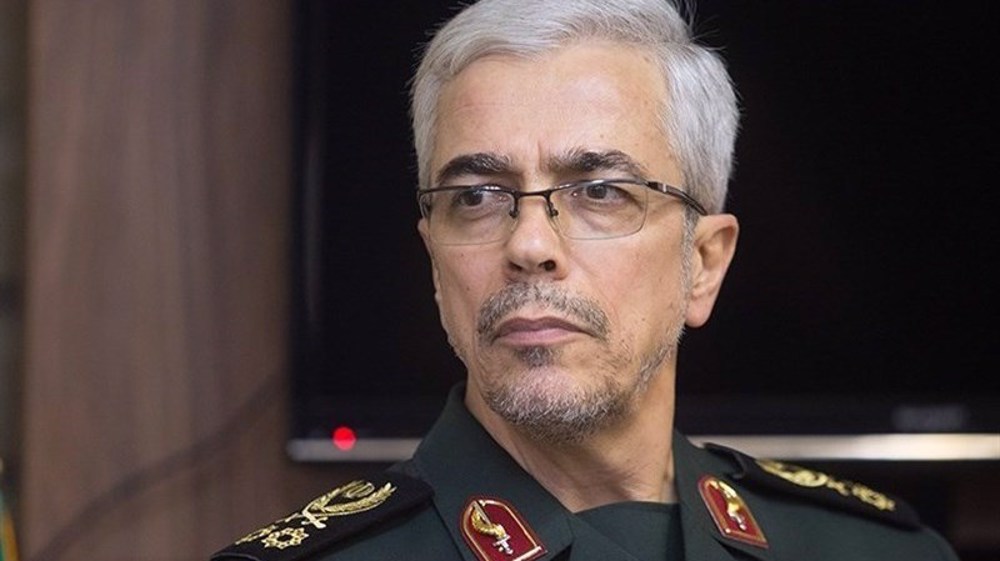

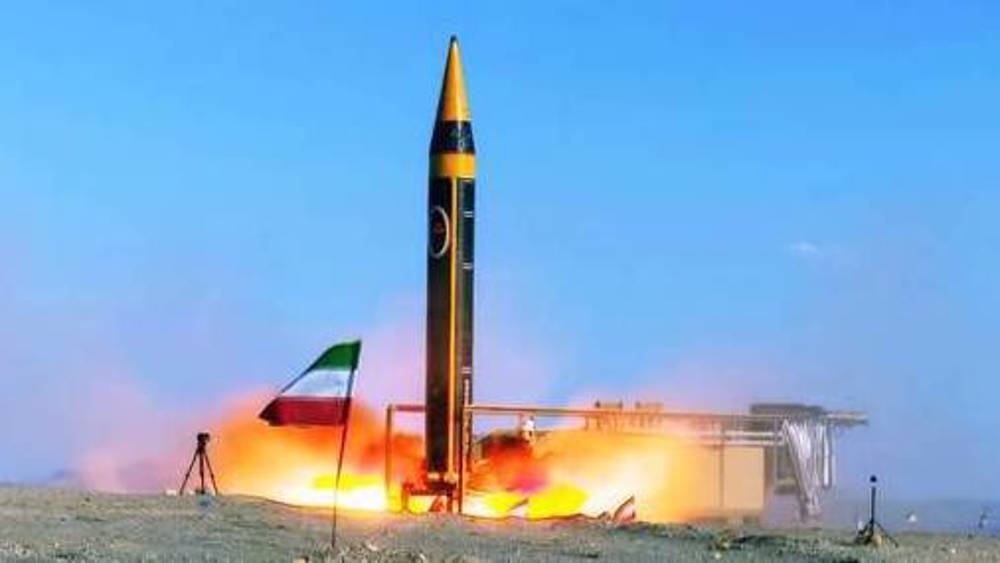
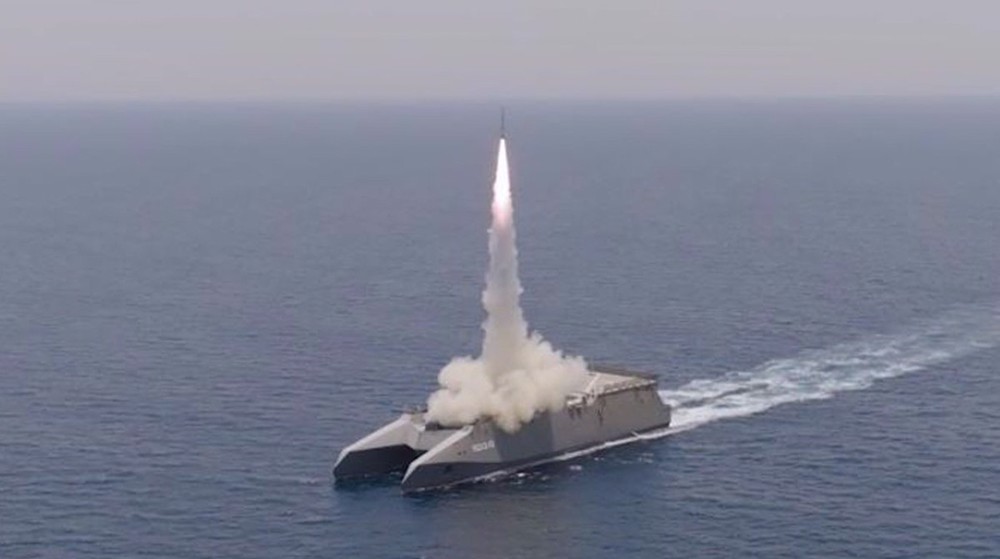
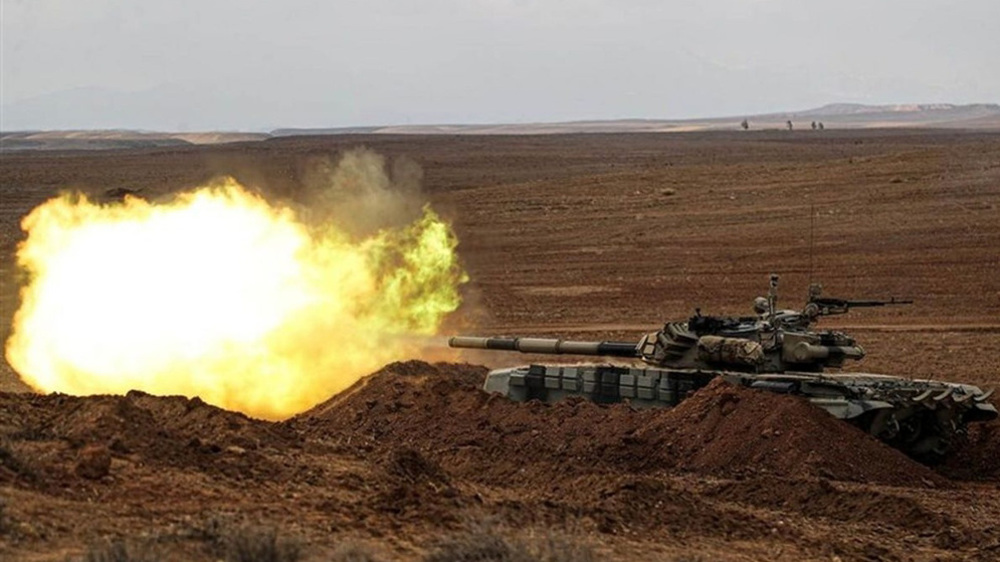



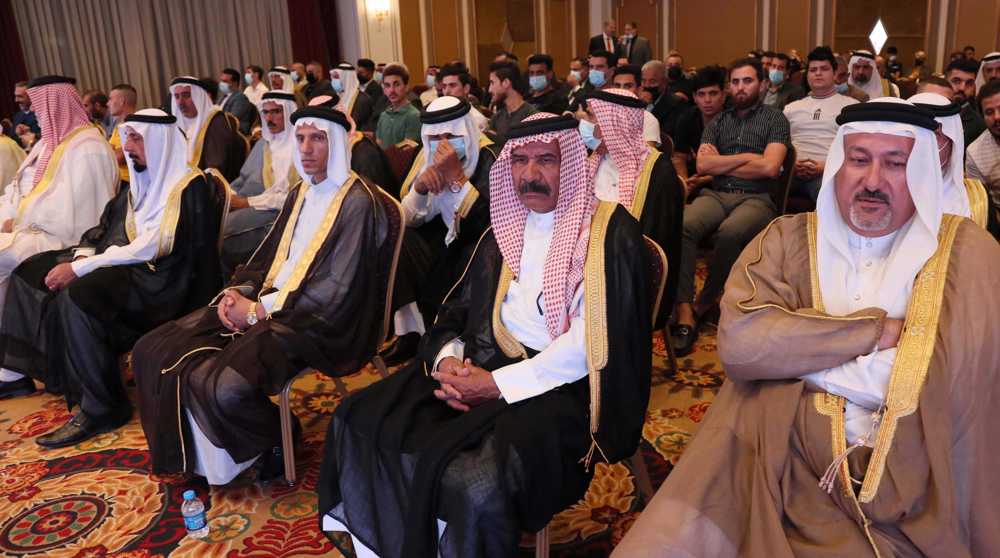
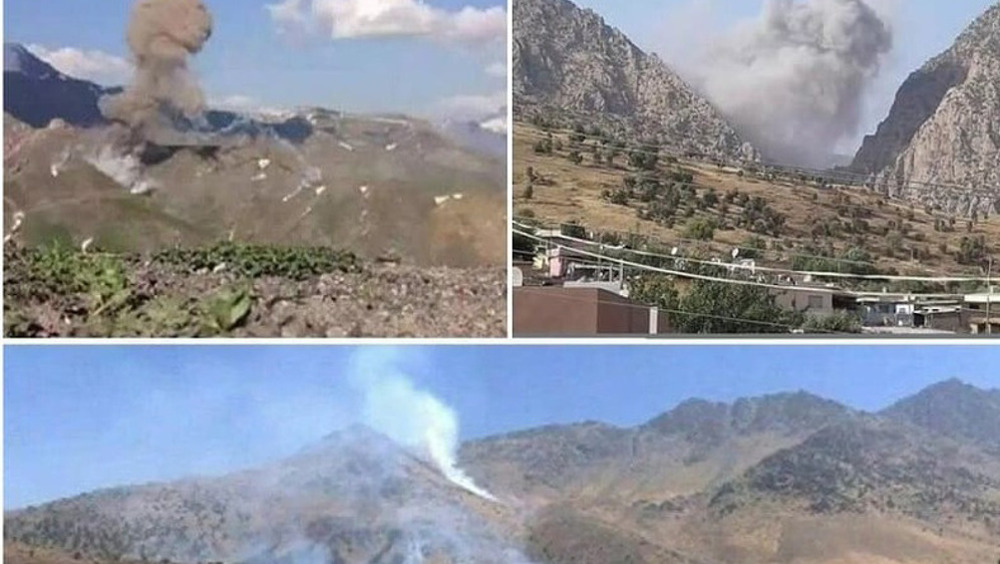
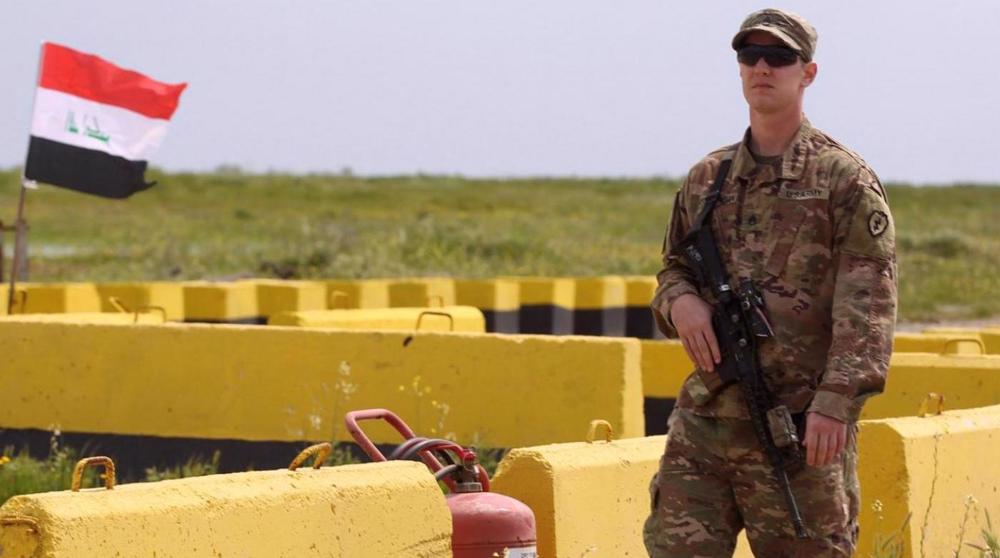


 This makes it easy to access the Press TV website
This makes it easy to access the Press TV website